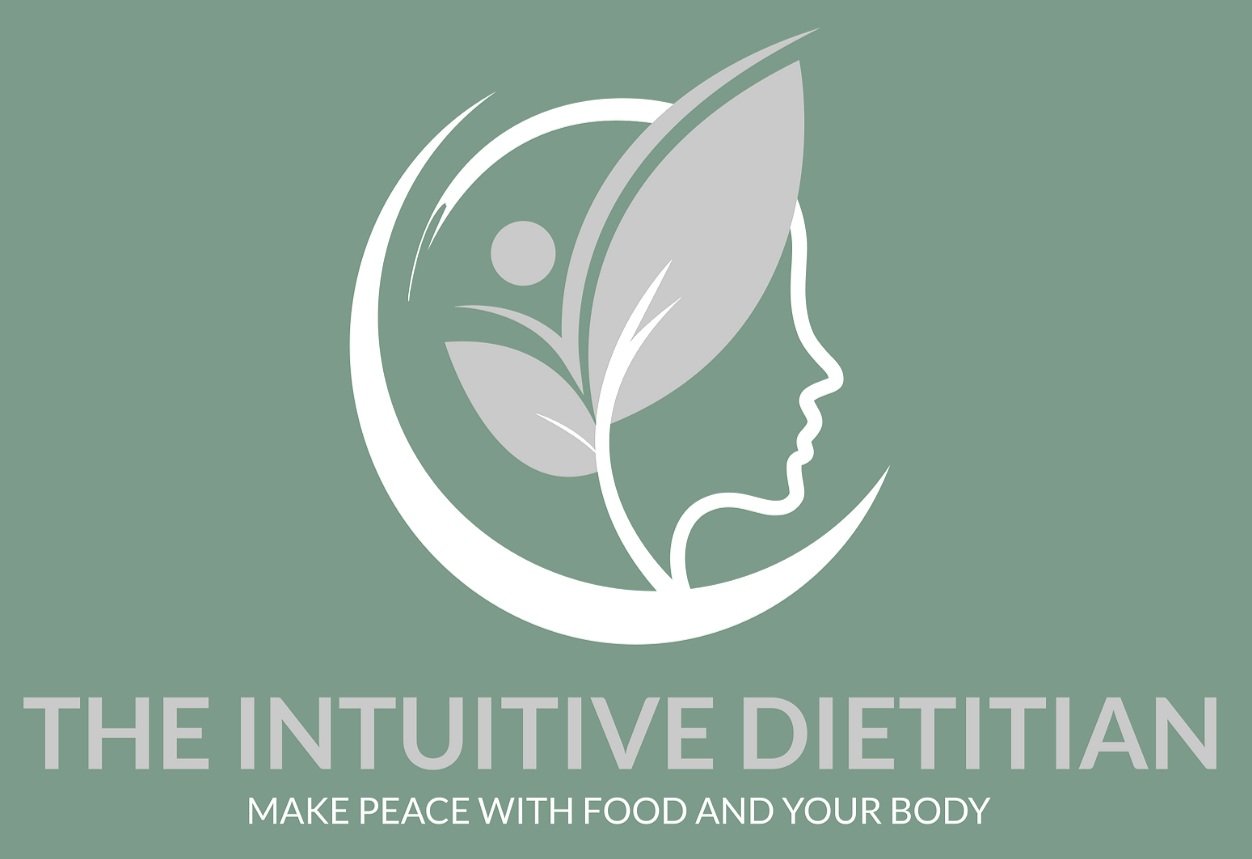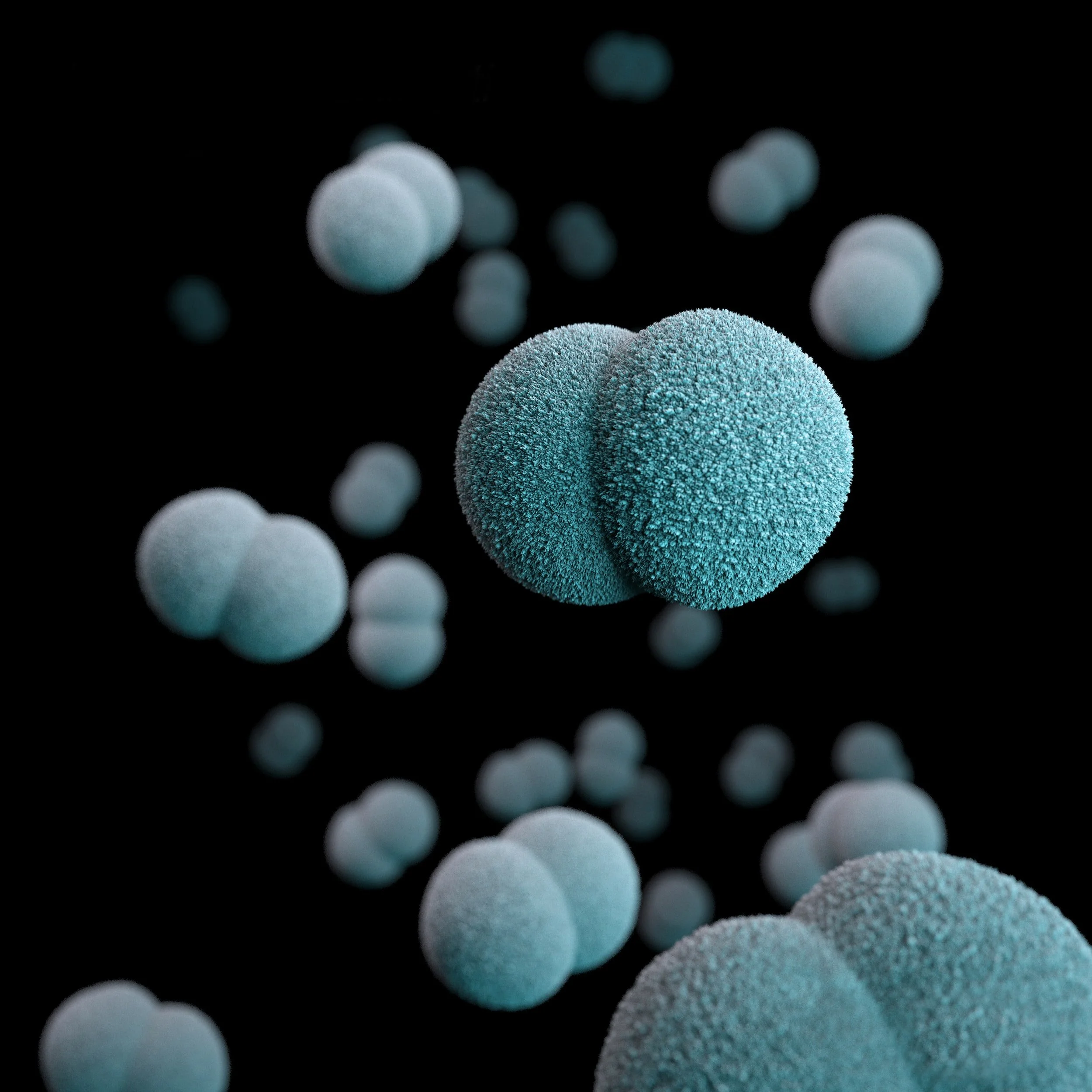Can Your Food Impact Your Mood?
Let’s unpack some of the exciting (and preliminary) new research about the link between gut health, mood, and stress. This week we’ll talk about your friendly resident gut microbes, probiotic foods, and supplements, as well as offer some simple recipes to keep your gut and taste buds happy.
GUT MICROBES
There are trillions of microbes that happily live in our gut. These friendly microbes do more than help us digest foods, make vitamins, and protect us from the not-so-friendly microbes - they have mood-boosting and stress-busting functions too!
It’s a hotbed of research right now and we’re finding out more about their awesome health and mood/stress benefits every day. And, while the research is just starting to figure out the many gut microbe-brain connections, it’s such a cool new topic that we couldn’t wait to share it with you!
There are more microbes inside our gut, than all of the human cells that make us. That’s right, we’re more than half microbe! So, how can they NOT impact our health?
GUT MICROBES AND PROBIOTICS
The microbes that live in our guts are known as our “gut microbiota”. The microbes that we can ingest are known as “probiotics”.
“Probiotics” are live organisms that you can eat, drink, or take as a supplement. They turn milk into yogurt, and cabbage into sauerkraut; and they are great for both your gut health and mental health. Special probiotics that have mental health benefits are called “psychobiotics,” (psycho = mental health, and biotics = live). They are live organisms that can benefit our psyche.
PROBIOTIC-RICH FOODS AND SUPPLEMENTS
Probiotics can be found in yogurt, sauerkraut (and other fermented veggies), miso, tempeh, and kimchi. You can drink them in kefir or kombucha. Be sure to choose unpasteurized ones that will be refrigerated in your local grocer. Unpasteurized foods are not recommend if you are pregnant or have a compromised immune system, so please check with your healthcare provider.
Of course, there are a number of probiotic supplements available too. Check with your healthcare provider to identify which one is best for you. Generally, we look for one that’s refrigerated and has at least 10 billion active cultures. We also suggest you look for one that has been “third party tested,” which means someone outside the company has tested it and says it’s a quality product.
Also, be sure to read the label before taking any supplements. The probiotics with the most research are of the Bifidobacterium and Lactobacillus types. But we still don’t know enough about the psychobiotic effects to make specific mood-boosting recommendations yet.
SIMPLE, PROBIOTIC-RICH RECIPES


